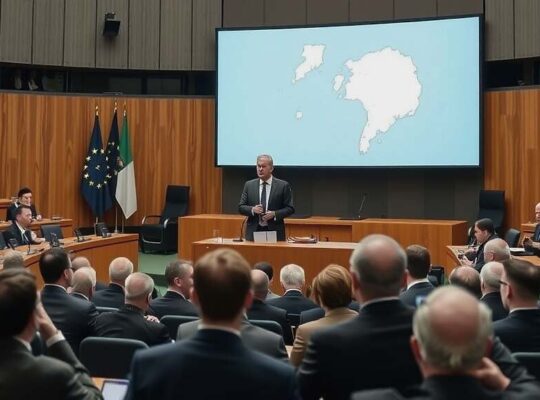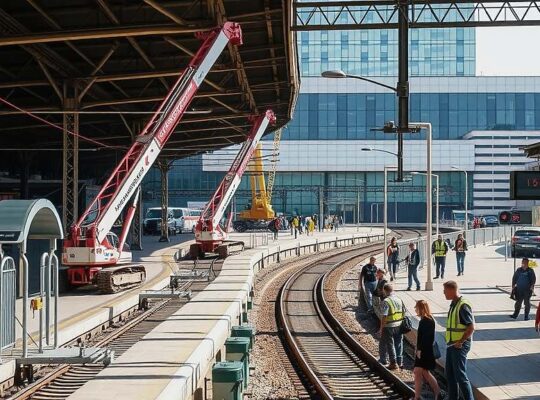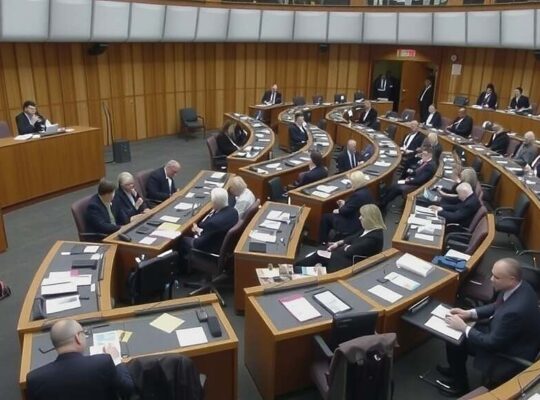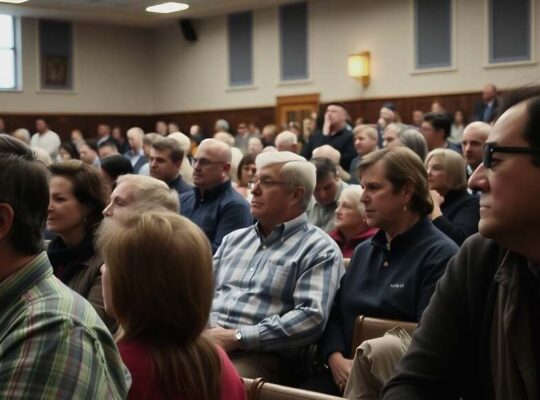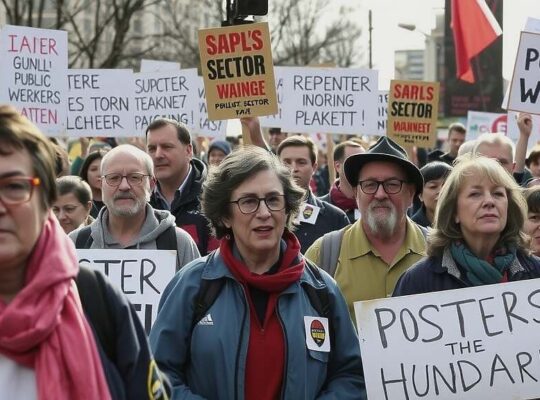The escalating debate surrounding migration policy in Germany is prompting a renewed call for heightened internal security measures, spearheaded by the German Association of Cities and Municipalities (DStGB). André Berghegger, Managing Director of the DStGB, has directly responded to recent statements by CDU leader Friedrich Merz regarding the evolving character of German cities, arguing that the focus needs to shift from semantic arguments to tangible improvements in public safety and citizen well-being.
Berghegger’s intervention, published in the Handelsblatt, signals a growing unease within local governments regarding rising crime rates and a perceived decline in the quality of life in urban centers. He criticized what he sees as a preoccupation with terminology, asserting that the primary concern should be ensuring citizens feel safe and secure in their own neighborhoods. “The perception of safety is paramount” Berghegger stated, emphasizing the urgent need to address the anxieties of residents.
The call for action places considerable pressure on the federal and state governments to implement more robust crime prevention strategies. Berghegger’s proposals lean toward a more assertive approach, suggesting increased video surveillance in crime hotspots, collaborative patrols between police and local enforcement agencies and even suspicionless checks, particularly at transportation hubs like train stations. While proponents argue such measures would deter crime and bolster public confidence, critics express concerns about potential infringements on civil liberties and the possibility of discriminatory practices.
The DStGB’s stance reflects a broader political tension developing within Germany. While the debate surrounding migration continues to dominate the public discourse, Berghegger’s comments shine a light on the increasingly urgent need to address the direct consequences – namely a palpable feeling of insecurity that is eroding the social fabric of many German cities. The efficacy and ethical implications of the proposed security measures, however, remain subject to intense scrutiny and likely to fuel further political debate in the weeks and months ahead. It remains to be seen whether the federal government will respond to this powerful appeal from local authorities with concrete legislative action.



